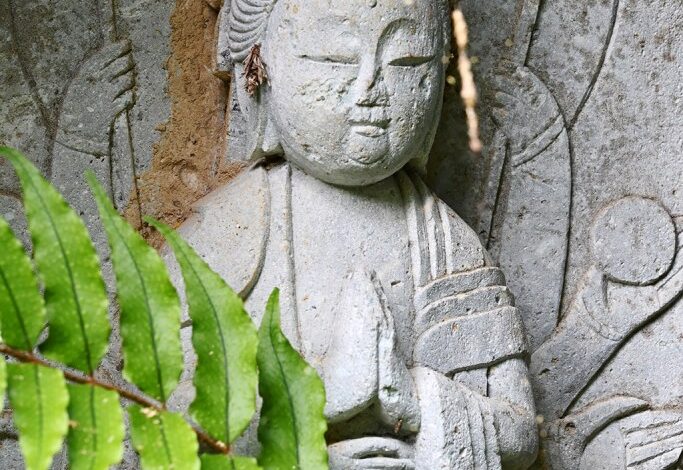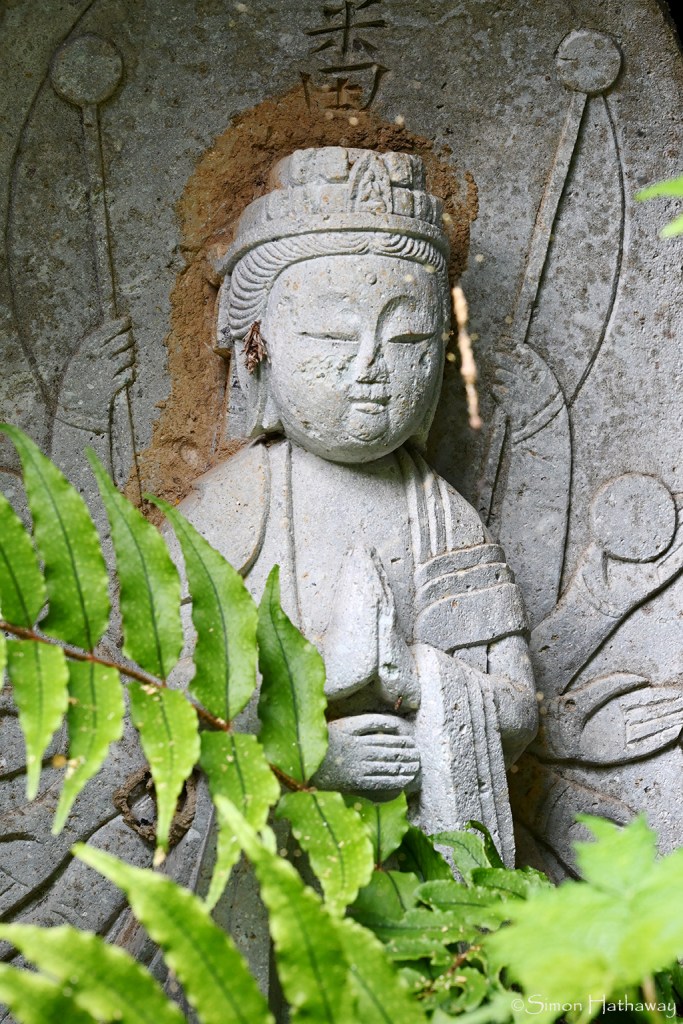The Diamond Sutra (11) – Second Commentary – Zen Fools

Part 4-1
“Furthermore, Subhuti, the bodhisattvas should not dwell on anything when they practise charity. That is, they should not dwell on sounds, scents, flavours, feelings, or phenomena when they practise charity. Subhuti, the bodhisattvas should not dwell on forms by practising charity like this.”
“Why? Because if the bodhisattvas practise charity without dwelling on forms, the merits are inconceivable.”
Commentary:
As already emphasised, the teaching “Do not dwell on anything” is so central that it can be considered the very core of Buddhism. This means that when we encounter things, people, or experiences, we should perceive them without attaching words that discern their identities, forms, or conceptual labels—such as form, sound, smell, taste, touch, or mental constructs. In other words, we must see and hear everything as it truly is without distortion.
This is why, when practising charity, if we do so without dwelling on anything—seeing things clearly, as they are, without conceptual distinctions—then the one giving is not a fixed ‘self’, the one receiving is not a separate ‘other’, and the object given is not a fixed ‘thing’. All three—giver, receiver, and gift—become undivided as one; simply the functioning of the true-Self.

In this state, giving is no longer ‘giving’ in the ordinary sense, but the function of the true-Self. This is the true practice of charity, or perfect alms. If even a trace of thought remains such as “I am giving”, then it means one is still clinging to the idea of giving, which is not true alms, but simply an action that produces karmic merit—not the boundless merit of formless alms.
The essence of true giving is that, while practising generosity, one sees all things—including oneself as the functions of the true-Self—without dwelling on form, sound, smell, taste, touch, dharmas. This allows the act to manifest as a pure expression of the true-Self.
The Avataṃsaka Sūtra (Flower Garland Sutra) says:
“Sentient beings, when they perceive all things, are swayed by forms and names. They do not know that things have no fixed form, and thus they cannot see the Buddha.”
In other words, not dwelling on anything—not just when giving, but in every moment of life—is the greatest merit for a Buddhist. Why? Because it is to see the Buddha, which means to realise the truth that oneself is Buddha. That is why it’s said that the merit of giving without dwelling on forms is immeasurable.
Disciple: “What happens when we no longer dwell on forms?”
Master: “To answer is to abide.”
Disciple: “Then what is merit?”
Master: “To speak it is to break it.”
©Boo Ahm
All writing ©Boo Ahm. All images ©Simon Hathaway




